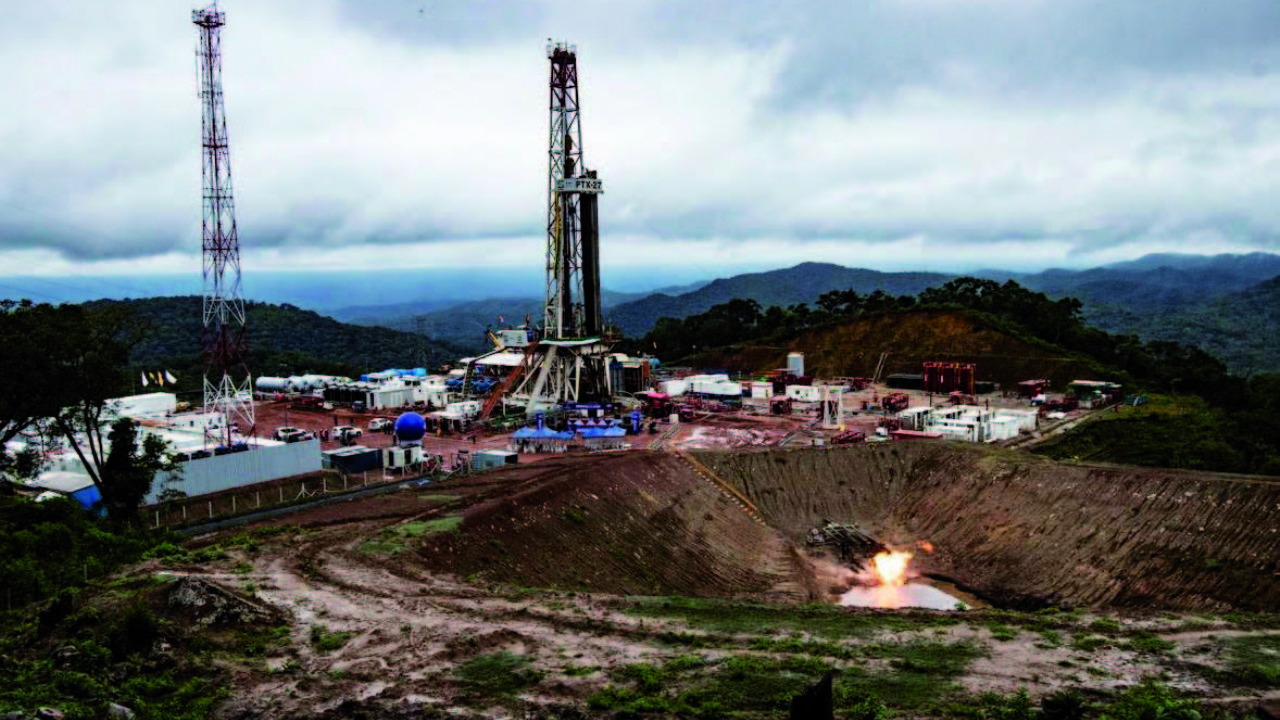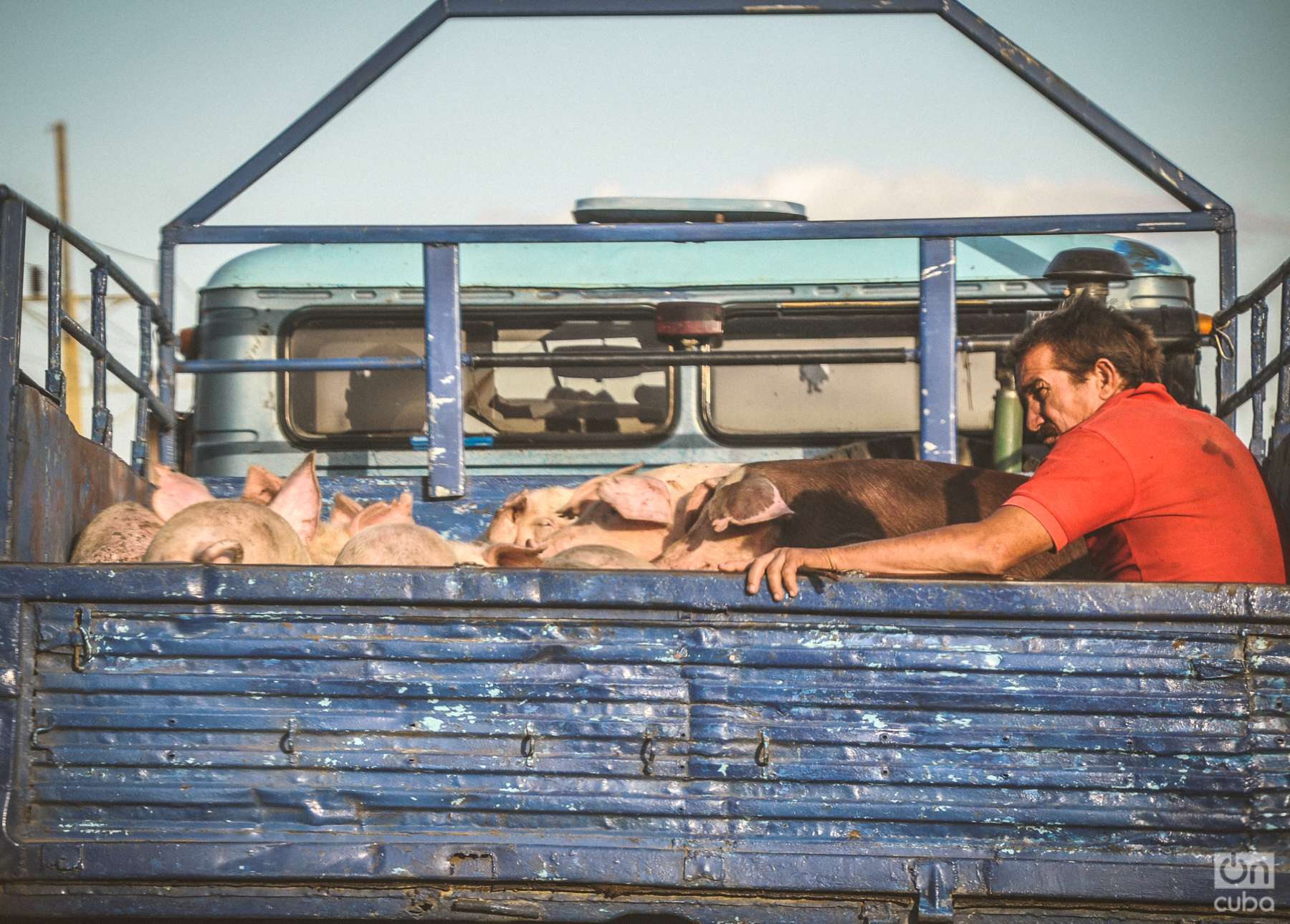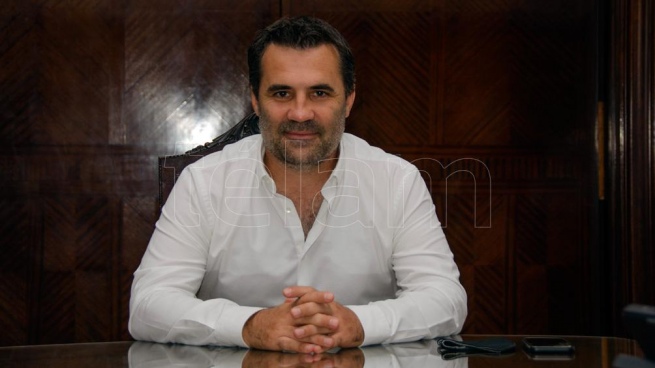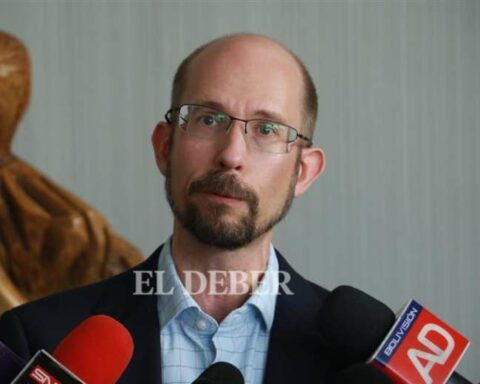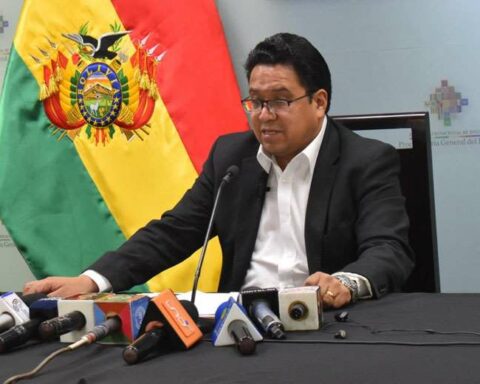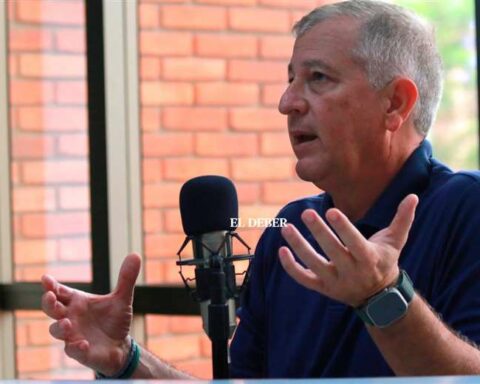Agencies / La Paz
The Argentine government is negotiating with Brazil and Bolivia a greater supply of gas to avoid electricity cuts in winter. Martín Guzmán, Minister of Economy, and Daniel Scioli, Argentine ambassador to Brazil, took charge of the plan to avoid an energy crisis in that country. Guzmán will travel to Brazil on Friday. A day before, the president of Bolivia, Luis Arce, will arrive in Buenos Aires to speak with his counterpart Alberto Fernández.
The prospect of a winter with little gas, fluid cuts to the industry, requests for savings to households, rationing of the CNG fleet and even possible power cuts (gas is the primary source of more than 60% of the electricity generated by Argentina) put the energy diplomacy of Minister Guzmán and Argentine Ambassador Scioli into fifth gear.
Brazil must liberate Bolivia
In his recent trip to France, where he managed to extend the payment of maturities with the Paris Club, Guzmán also attended a meeting of the International Energy Association, where he had several bilateral meetings and one of particular importance, on Thursday, with the minister of Energy and Mines of Brazil, Bento Albuquerque, with whom he discussed the possibility of Brazil releasing up to two million cubic meters per day of the gas it buys from Bolivia, so that the highland country increases its sales to Argentina, according to a report from Infobae.
The negotiations had begun in January, when the Bolivian government, at the request of the Argentine, asked the Brazilian body that oversees gas supply if the Mercosur giant could give up the two million cubic meters (2 Mm3d) that Bolivia would redirect to the Argentina
That, in turn, would reduce Argentine purchases of liquefied natural gas (LNG) by ship, which are much more expensive. In addition, due to infrastructure issues, the gas that arrives from Bolivia ensures a better supply of the northwestern provinces, where neither the gas from Vaca Muerta nor the one that arrives as LNG by ship arrives through gas pipelines.
On Thursday, the day before, Guzmán will accompany President Alberto Fernández, when he receives a visit from Bolivian President Luis Arce. If all goes according to plan, the increase in the supply of Bolivian gas to Argentina will allay a good part of the fears about the supply of gas and electricity during winter.
But for that, some type of formal Brazilian permit is key, so that Bolivia does not appear in breach of its obligations. This is what they seek to ensure Guzmán’s trip and Scioli’s efforts in Brazil.
Some steps are missing to specify the design on which Guzmán and Scioli are working. In the first place, Brazil must formally release Bolivia from the obligation to provide it with the part by which it would increase its sales to Argentina, something that the Argentine State negotiates.
The importance of Bolivian gas for Brazil is diminishing. The hydroelectric generation capacity of the largest member of Mercosur increased a lot with the latest rains and Brazil had already been reducing its purchases from Bolivia thanks to the increase in its gas production in offshore platforms, explained Gustavo Perego, director of the Abeceb consultancy.
Opportunity for Bolivia
Several details remain to be adjusted. The price at which Bolivia will sell the gas to Argentina, the gas that it will not sell to Brazil. The contract has delivery or pay clauses, which impose fines in case of non-compliance. Bolivia might even want to pay the fine, but sell the more expensive gas.
In any case, it would be convenient for Argentina, because the average price of the last purchase of eight LNG ships was 42 dollars per million BTU (British thermal unit, a kind of gas quality meter), about four times what that Argentina pays for gas to Bolivia.
The price in the international market and that of LNG purchases increased at the end of 2021 and rose after Russia’s invasion of Ukraine, when the European countries that depended on Russia went out to hire ships to buy the energy on the high seas.
Bolivia supplier
- Producer • The report states that Bolivia “is a declining supplier and the successive addendums to the original contract negotiated with Néstor Kirchner in 2006, jibarized (reduced) what at this point should be a daily supply of 27.7 million cubic meters per day, as specifies the fourth clause of the original agreement signed by the first Kirchner government, when Alberto Fernández was chief of staff.
- Agreement • “I imagine that Bolivia is going to close an agreement for some amount higher than the eight million that they offered before: 10, 12, 13, of course that surplus will be charged at the price that they were going to sell it to Brazil,” said Daniel Montamat, Argentine energy expert.

